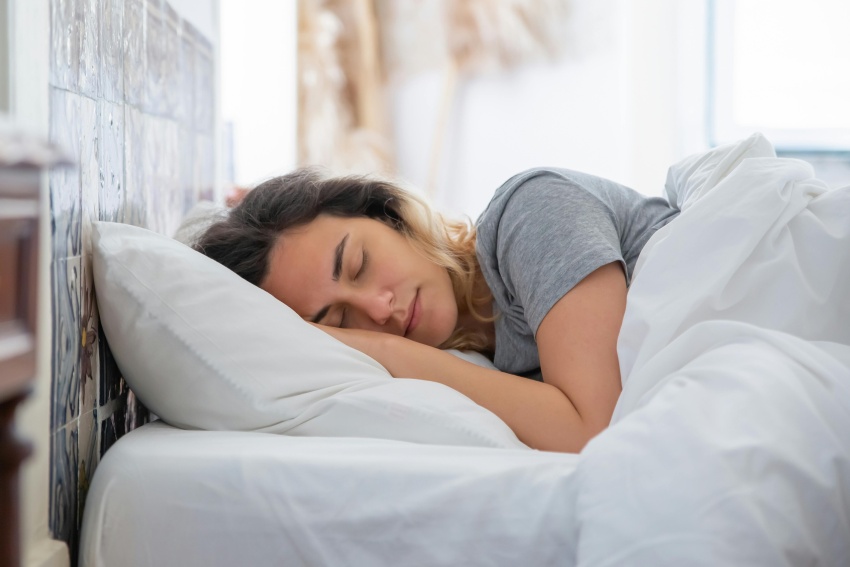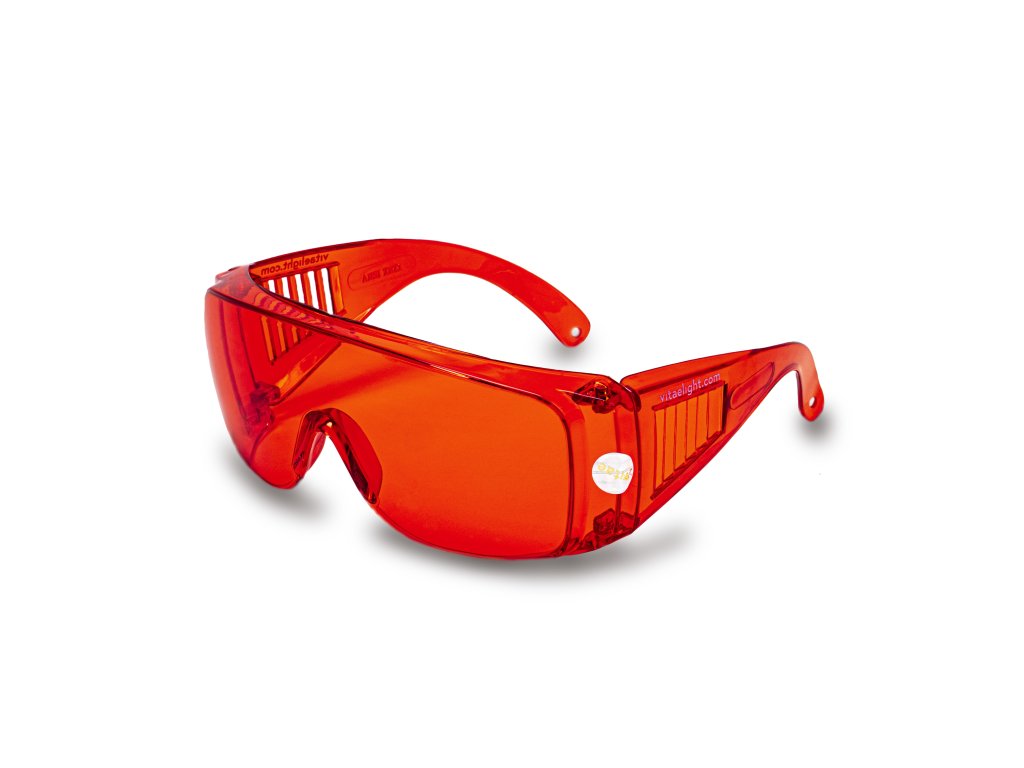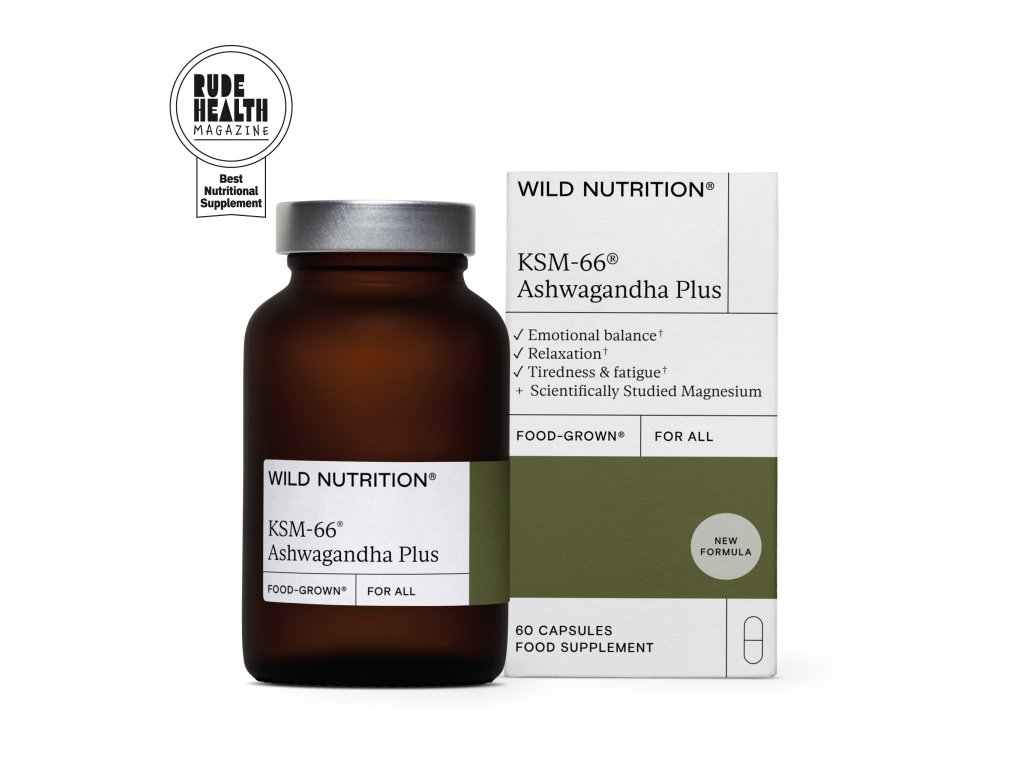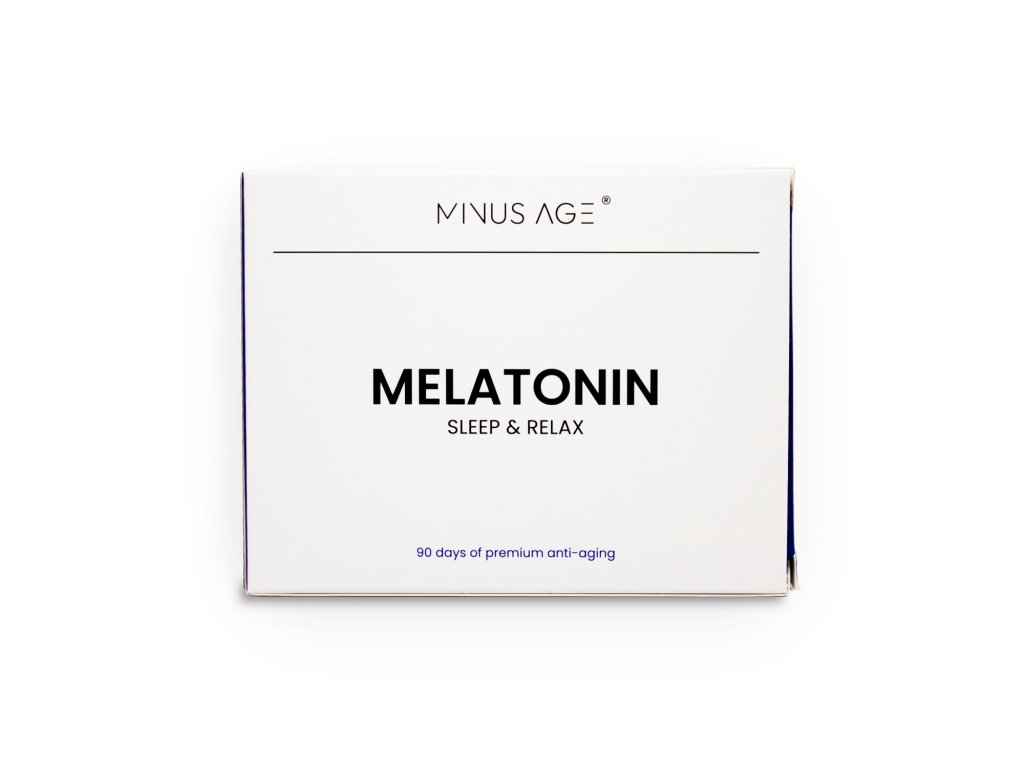When Arianna Huffington, founder of the Huffington Post, collapsed from exhaustion and hit her head, she realized that success without sleep is empty. From her personal crisis came the global Thrive movement, inspiring millions to treat sleep as the foundation of health, performance, and longevity.

Sleep isn’t passive. It’s the body’s most active phase of regeneration — repairing DNA, detoxifying the brain, restoring hormonal balance, and strengthening immunity. For women, its role is even greater: the female body has more fatty tissue where toxins and metabolites accumulate. When nighttime detoxification falters, it affects mood, weight, memory, and energy.
What Science Says About Sleep
1. Sleep and Hormones
Lack of sleep disrupts the balance of estrogen, progesterone, and cortisol — leading to PMS, harder perimenopause, and a higher risk of obesity.
-> Go to bed and wake up at the same time every day, even on weekends. A stable “sleep window” is the best biohack for your hormones.
2. Sleep and the Brain
A Science study describes the glymphatic system — the brain’s lymphatic network that flushes out toxins like beta-amyloid during sleep. Less sleep = higher Alzheimer’s risk.
-> 7–9 hours of quality sleep is the best dementia prevention.
3. Sleep and Metabolism
A clinical trial (Annals of Internal Medicine, 2010) found that after 5.5 hours of sleep, lost weight came mostly from muscle; after 8.5 hours, mostly from fat.
-> Adequate sleep protects muscle mass and supports fat loss.
4. Sleep and Immunity
A Sleep (2015) study showed that people sleeping under 6 hours were 4× more likely to catch a cold than those sleeping 7+ hours.
-> The simplest immune boost? Go to bed one hour earlier.
Biohacks for Better Sleep
- Expose your eyes to daylight in the morning — it resets your circadian rhythm.
- Cooler room (18–19 °C / 64–66 °F) = deeper sleep.
- Magnesium (bisglycinate 300–400 mg in the evening) calms the nervous system and deepens sleep.
- Herbal complexes with vitamins and minerals help your body transition into rest.
- Two hours before bed limit blue light or use blue-light-blocking glasses.
- Digital sunset: 60 minutes without your phone before bed.
- Micro-dose melatonin if your body struggles to wind down.

Red Light Glasses
If warm white light from your TV, phone, or streetlamp hits your eyes before sleep, you’re exposed to blue and green wavelengths that suppress melatonin production.

Ashwagandha
This adaptogenic herb helps your body manage stress, supports the reproductive system, boosts energy, and improves sleep quality.

Minus Age Melatonin
Need to switch off and fall asleep without tossing and turning? Melatonin helps tune your internal clock and gently guides you into deep, restorative sleep.
30-Day Sleep Reset
Evening Ritual (Daily)
- Consistent bedtime (± 30 min, weekends included)
- Digital sunset – 60–120 min without screens
- Magnesium bisglycinate or Food-Grown® Magnesium 300–400 mg before bed
- Ventilate and keep the room 18–19 °C (64–66 °F)
- Short ritual – herbal tea, journaling, or breathing
Morning Reset
- Natural light within 30 min of waking (outdoors or red-light panel)
- At least 20 minutes of movement in the morning
- Caffeine only after breakfast and before 2 p.m.
Weekly Boosters
- Time in nature twice a week (30 + min)
- Weekly “sleep audit” – track bedtime, caffeine, and rituals
After 30 days, repeat the reset twice more – 90 days in total. You’ll feel changes after 2–3 weeks, but three months create a lasting habit.
When You Sleep Well, Your Body Heals Itself
Sleep is the most affordable longevity technology.
If you optimize just one thing in your life, start with sleep.
Quality rest means stronger hormones, a healthier brain, balanced weight, and resilient immunity.
“Sleep isn’t a waste of time. It’s an investment in being yourself – healthy, strong, and creative.”
Victoria Deer
Scientific References
- Nedeltcheva et al., Annals of Internal Medicine, 2010
- Xie et al., Science, 2013
- Prather et al., Sleep, 2015
- Abbasi et al., Journal of Research in Medical Sciences, 2012
